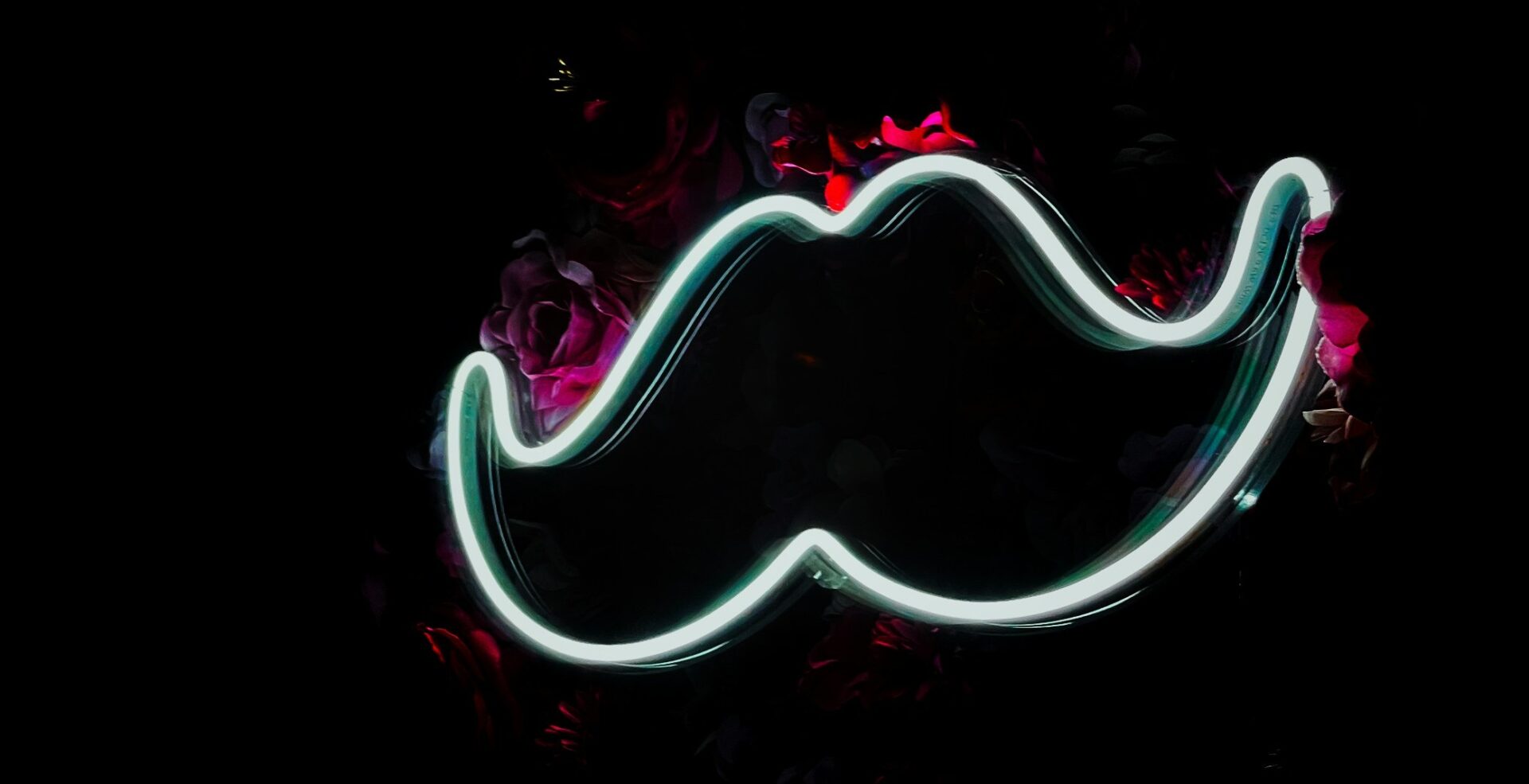
As more information about Covid-19 emerges, Americans are becoming more cautious, but preparations to celebrate the pandemic's end are in full swing.
As Americans learn how to slow the spread of the virus, they are exhibiting greater caution than they were at the end of summer 2020. They are also ready for Covid-19 to be a thing of the past.
Covid-19 precautions increase, despite vaccinations
Pandemic precautions are increasing, despite growing vaccine distribution across America. New data from Savanta shows that 60% of Americans are feeling concerned about contracting Covid-19. That worry is 10% higher than it was in August 2020.
47% of Americans plan to change their behavior to avoid contracting the virus, up from 42% in August. 44% of Americans are skeptical about coughing and sneezing, up from 35%, and 41% have altered their travel plans, up 31%.
Half of Americans report a decrease in mental and physical health
Depression and mental health are growing concerns for Americans due to the pandemic. According to the CDC, “markedly elevated prevalence of reported adverse mental and behavioral health conditions associated with the COVID-19 pandemic highlight the broad impact of the pandemic and the need to prevent and treat these conditions.”
Savanta reports that 54% of Americans are concerned about their physical health, 45% about their mental health, 51% feel anxious, and 49% feel isolated.
Americans see the light at the end of the tunnel
As precautions increase and physical and mental health decrease, many Americans can’t help but dream of a post-pandemic life. As time in isolation has gone on longer than expected, Americans long for new cars, fun gatherings, and exotic trips.
Savanta data reports that 42% of Americans plan to go on vacation in the next year. 35% plan to celebrate the end of the pandemic, up from only 8% in August and 25% will purchase a new car, up 9%.
Even as plans to celebrate ramp up since August, many Americans will remain cautious. About one-third will continue to socially distance (36%), wear a mask (36%) and avoid large gatherings (37%).
If you would like to know more, access additional data analysis or would like to ask your own questions, click here.





